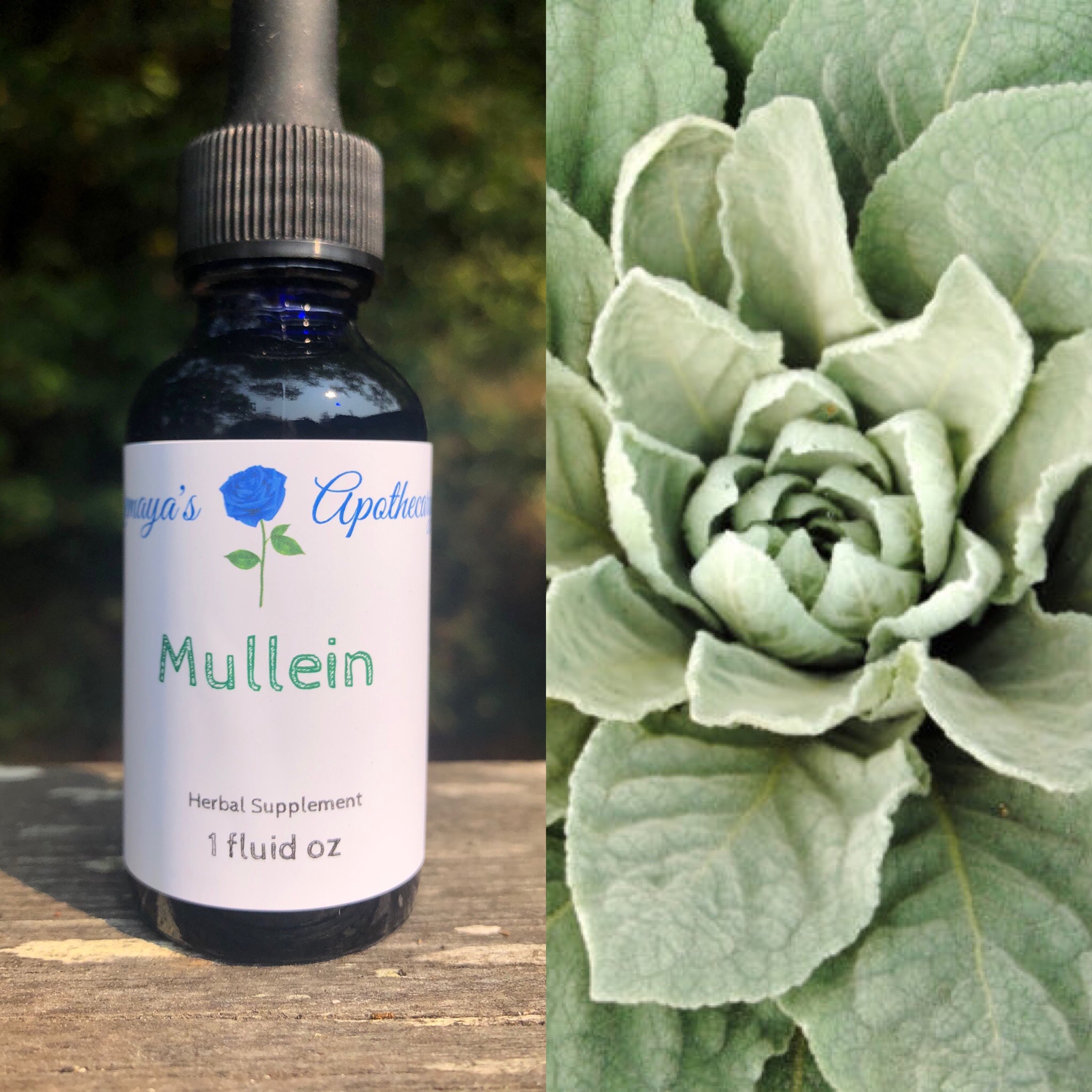Mullein tincture, derived from the mullein plant (*Verbascum thapsus*), has a rich history in traditional medicine, particularly for respiratory health. This comprehensive guide explores its potential benefits, preparation, usage, and important safety considerations. While promising, it’s crucial to remember that research is ongoing, and mullein tincture should not replace professional medical advice.
Understanding Mullein Tincture’s Potential
Mullein tincture is essentially a concentrated liquid extract of the mullein plant, capturing its beneficial compounds like saponins, flavonoids, and mucilage. These compounds are believed to work synergistically to offer various potential health benefits. Think of it as a potent version of mullein tea, offering a convenient way to harness the plant’s potential.
Respiratory Support
Mullein tincture is probably best known for its potential to soothe respiratory issues. It may act as an expectorant, helping to thin and loosen mucus in the airways, potentially providing relief from congestion and coughing. Some studies suggest it may also possess anti-inflammatory properties, calming irritated tissues in the respiratory tract. However, further research is needed to confirm these effects.
Immune System and Antimicrobial Action
Mullein tincture contains antioxidants like vitamin C and flavonoids, which might help protect your body from free radical damage and potentially support immune function. Early research also suggests possible antimicrobial properties, meaning it could potentially help fight harmful bacteria. However, more studies are required to confirm these preliminary findings, and mullein tincture should not be used as a replacement for prescribed antibiotics.
Historical and Modern Uses
Historically, mullein has been used for various ailments, including tuberculosis, bronchitis, and asthma, particularly in the 16th century. Today, it continues to be used as a flavoring agent, in teas, and medicinal preparations. While traditional use suggests a range of benefits, more research is necessary to fully understand its medicinal value.
Have you ever felt the need to convert between ozempic and mounjaro? If so, head over to our ozempic to mounjaro conversion chart for a quick resource to ease your conversions!
Creating Mullein Tincture at Home
Making your own mullein tincture is a relatively simple process:
Gathering Your Supplies
You’ll need dried mullein leaves (enough to fill ¾ of a clean jar), high-proof alcohol like 80-proof vodka (or apple cider vinegar for a non-alcoholic option), a clean jar with a tight-fitting lid, cheesecloth or a fine-mesh strainer, and a dark glass bottle for storage.
Step-by-Step Instructions
- Filling the Jar: Place the dried mullein leaves in the jar, filling it about ¾ full.
- Adding the Alcohol: Pour the alcohol (or vinegar) over the leaves, ensuring they are completely submerged.
- Steeping and Shaking: Seal the jar tightly and store it in a cool, dark, dry place for two to six weeks. Shake the jar daily to facilitate extraction.
- Straining and Storing: After the steeping period, strain the liquid through cheesecloth or a fine-mesh strainer, discarding the leaves. Store the tincture in a dark glass bottle in a cool, dry place. Properly stored, it can last for a year or more.
Using Mullein Tincture Effectively
Using mullein tincture involves understanding the appropriate dosage and administration methods.
Dosage Guidelines
A typical recommendation is 2.5-5mL of a 1:5 tincture (made with 40% alcohol) three times a day. Children require lower doses, and consulting with a healthcare professional is always recommended, especially for children or individuals with underlying health conditions. Always follow the instructions on your specific product label, as concentrations can vary.
Administration Methods
Mullein tincture can be taken sublingually (placing a dropperful under the tongue for about 20 seconds before swallowing) or mixed with a small amount of warm water, tea, or juice. Avoid using boiling water, as excessive heat may degrade some of the beneficial compounds.
Safety and Precautions
While generally considered safe, mullein tincture comes with certain precautions.
Who Should Avoid Mullein?
- Pregnant and Breastfeeding Women: Due to limited research and potential toxicity at high doses, mullein is generally not recommended during pregnancy or breastfeeding.
- Individuals with Allergies: Although uncommon, allergic reactions, particularly from skin contact with the plant, are possible. Start with a small amount and discontinue use if any allergic symptoms occur.
General Precautions
- Dosage: Adhere to recommended dosages, as excessive consumption may lead to toxicity.
- Skin Contact: Direct contact with the mullein plant can irritate the skin for some individuals, so gloves are recommended when handling the plant.
-
Drug Interactions: Limited information is available regarding mullein’s interactions with other medications. Consult your doctor before using mullein tincture if you are taking other medications.
-
Expert Statement: Gouri Priya Mylavarapu (Msc in Chemical Nutrition & Dietitian Spcl in Nutrition, 11 years of exp): “Mullein is a herb and its leaf extracts has been used for various purposes like flavoring agents, tea and for medicine preparation. In 16th century, it was believed to cure tuberculosis, bronchitis, asthma and other respiratory illnesses. Its anti-inflammatory, anti-viral and diuretic properties made it essential to include this herb in daily basis by most of the population. More research is yet to be done on its medicinal value. Hence, pregnant and breastfeeding woman to be safe can avoid its usage until further evidence on its benefits.”
Ongoing Research and Future Directions
While traditional use and some studies suggest potential benefits, further research is essential to fully understand mullein’s efficacy for various health conditions. Current research is exploring its anti-inflammatory, antioxidant, and antimicrobial properties, as well as its potential role in specific respiratory ailments.
This information is for educational purposes only and does not constitute medical advice. Always consult with a qualified healthcare professional before starting any new treatment or if you have any health concerns.
- Divided Lunch Containers Revolutionize Your Meal Prep Strategy - February 9, 2026
- Divided Food Storage Containers Transform Meal Prep and Portion Control - February 8, 2026
- Divided Food Containers Are Meal Preps Secret Weapon - February 7, 2026










